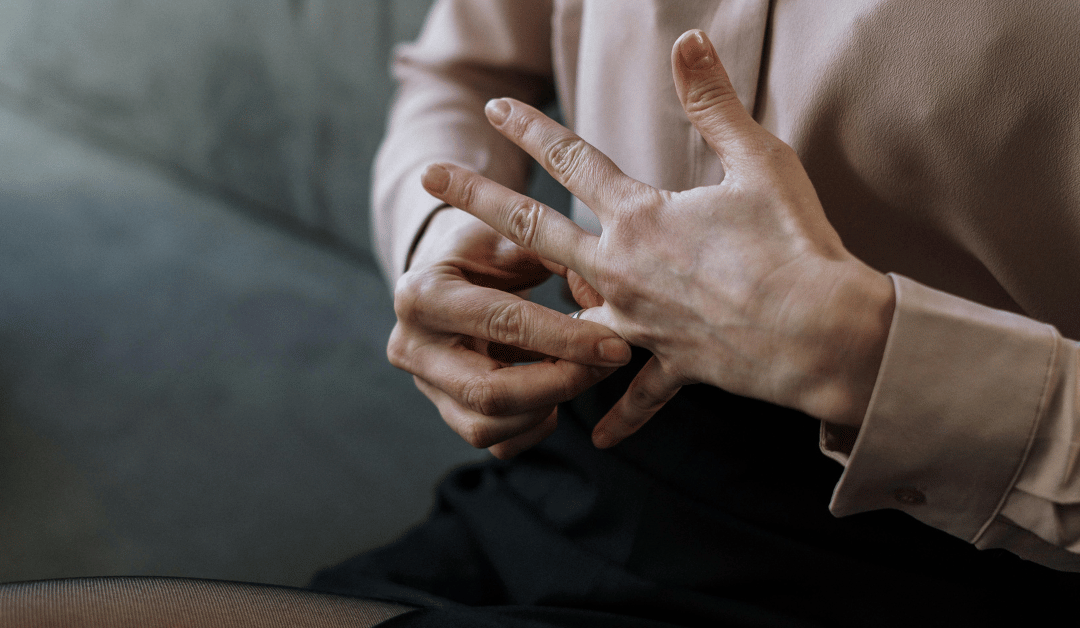
Why Detachment Is A Myth
I remember the first time someone tried to tell me I just needed to detach from my mother’s addiction. You know, let go. I mean, it seemed obvious to me that they had NO. CLUE. what they were talking about and had NO. CLUE. what I was actually going through with my mother.
I mean, I’d be thinking, “you’re seriously asking me to let go of my MOTHER.” Like, how’s that supposed to work?
And I totally understand the people who say that asking them to detach from their loved one is like asking them to amputate a limb.
Because here’s the reality: no one REALLY detaches.
True detachment is actually a sign of a psychopath – having no feeling for other people whatsoever.
So, not only is detachment not possible, in many cases, it’s not even healthy.
The American Psychological Association defines detachment as a feeling of emotional freedom resulting from a lack of involvement in a problem or a situation with a person. Or, the ability to consider a problem on its merits alone.
Expecting a family member to be able to do either of these things with a loved one abusing substances is both unreasonable and unrealistic. It sets family members up to fail, which I don’t think helps them or their loved one abusing substances.
And the reality is, healing from family addiction requires family members to fully feel their feelings, and most importantly to grieve.
In fact, it’s family members attempts to avoid the painful feelings around their loved one’s substance abuse that drives much of their codependent coping mechanisms or their enabling behavior.
The reality of their loved one’s problem, and the loss of time and opportunities and experiences and healthy connections to the substance use has to be grieved.
Navigating a loved one’s substance use effectively requires families to be both resilient and be in a fairly resourced state. And for that to happen, family members have to feel their feelings. Feel their love for their loved one. Feel their anger over the substance use. And feel their grief over what that substance use has cost both them and their loved one.
In the family addiction space, detachment is often tied to allowing your loved one to experience the natural consequences of their use. And their is definitely value in that. But there are also some exceptions to that rule, as you know if you watched my previous episode on enabling.
But even if you do allow your loved one to experience the natural consequences of their use, as is often the healthy thing to do, the idea that you’re going to find some kind of emotional freedom in that as the American Psychological Association’s definition of detachment suggests is frankly irresponsibly misleading, in my opinion.
Like, seriously, you’re going to feel some kind of emotional freedom if your loved one’s substance abuse lands them in jail? My mother committed multiple felonies and ended up in prison, and there was no emotional freedom to be found in that experience.
Even though that experience was a sort of bottom for me in which I finally realized that I needed support around her problems, her going to prison was a deeply traumatic experience. If there was any gift in it, it’s that I finally got the support I had so desperately needed for so long, but didn’t realize it.
Your loved one’s substance use is going to stir up all kinds of difficult emotions. And when it comes to navigating those emotions, I do not believe detachment is a healthy approach. Those things need to be felt.
Even if you’re letting your loved one experience the natural consequences of their use, your feelings around that are going to need to be processed, to be felt, if you’re going to be able to be resilient and remain in a reasonably resourced state in the face of those consequences. Otherwise, you risk – emotionally at least – getting taken down with your loved one’s use.
So, I’d love to know, what are your thoughts about the concept of detachment. Let me know in the comments. I promise I’ll reply.




